Religion
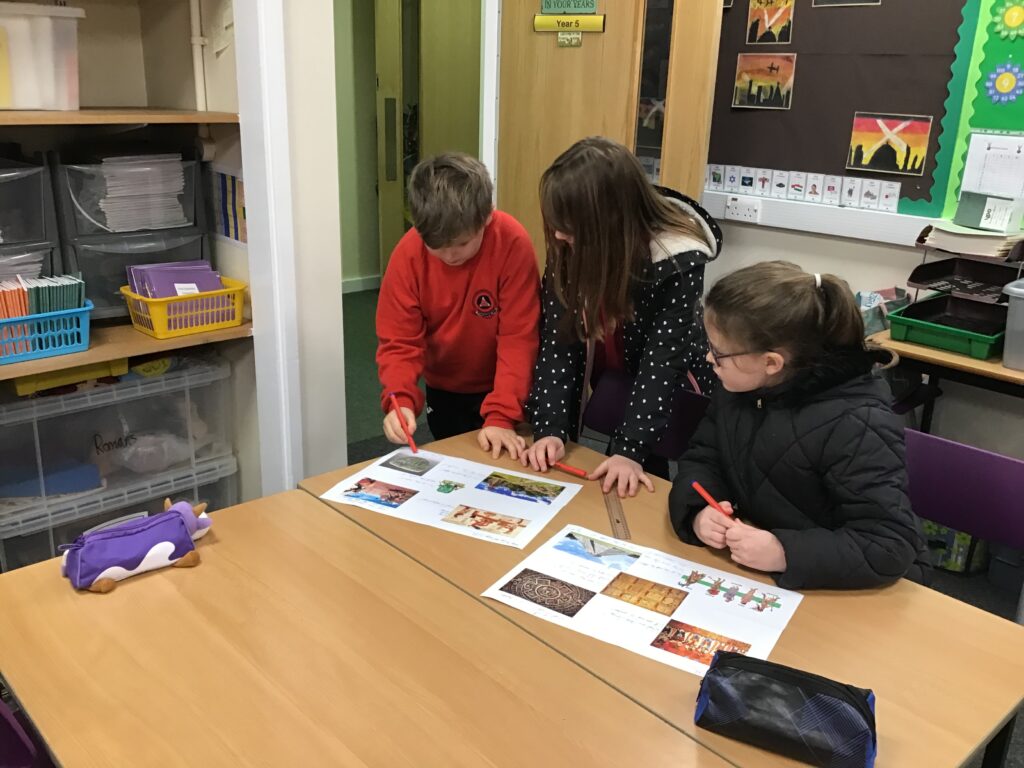
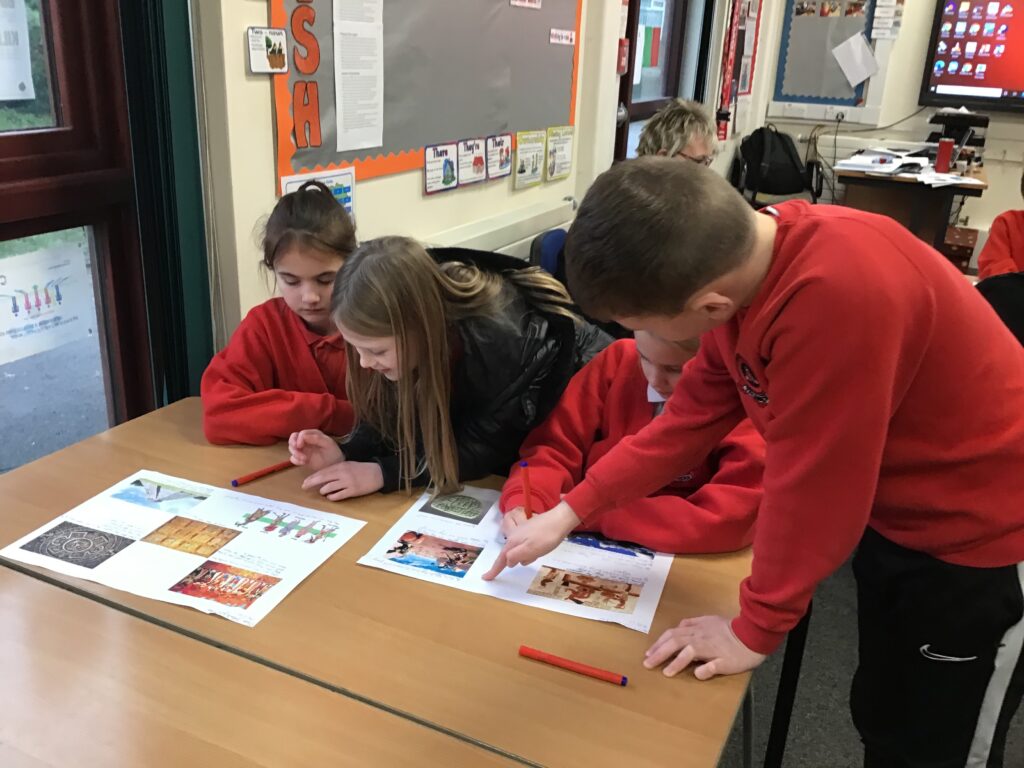
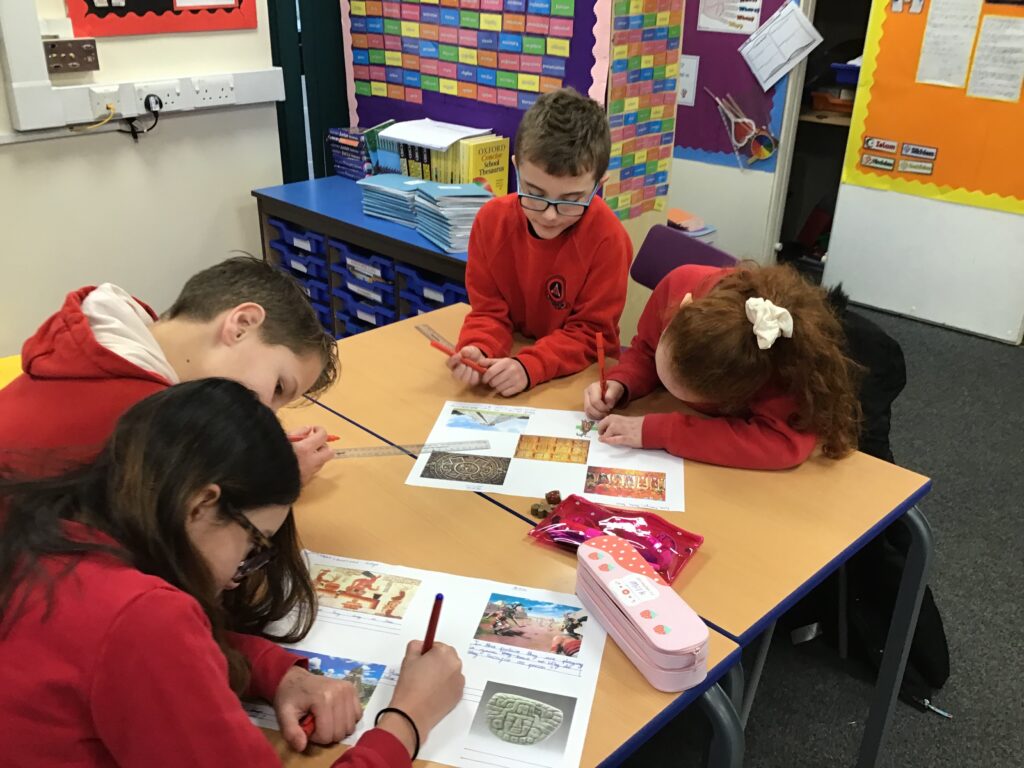
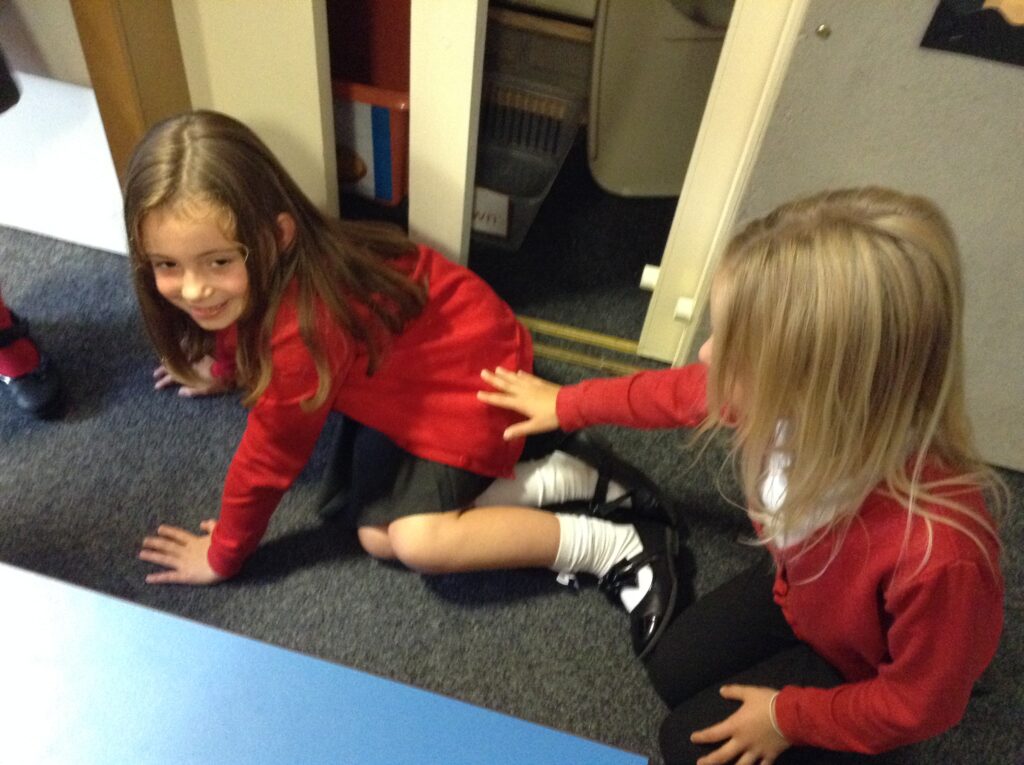
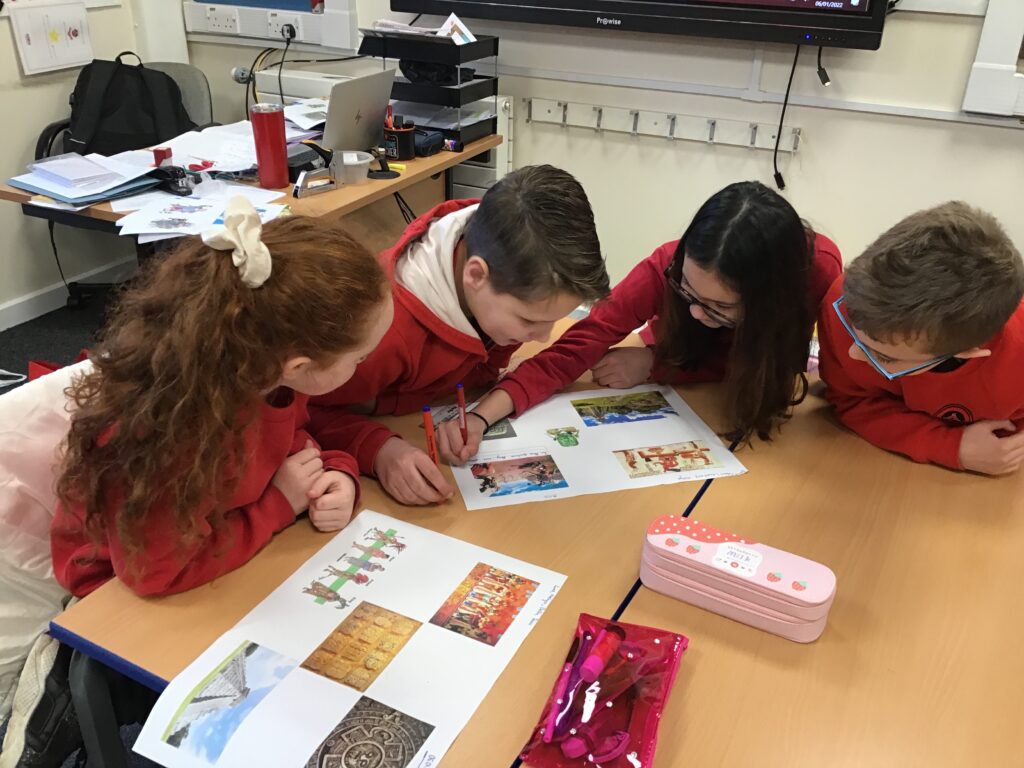
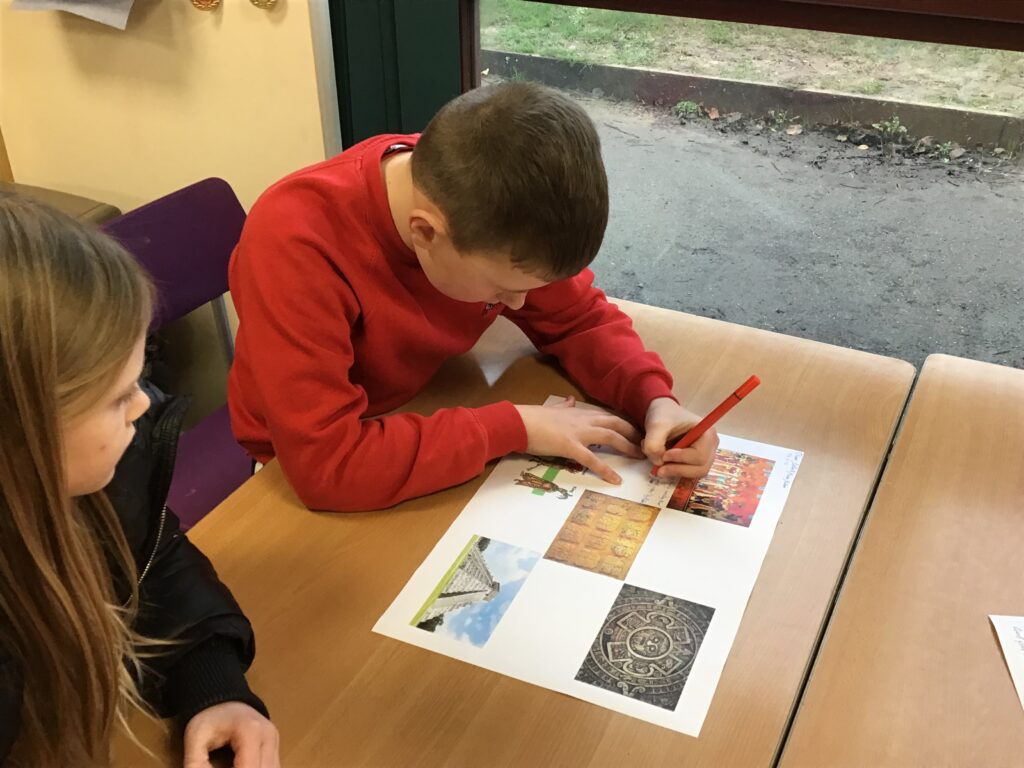
Welcome to our page all about Religion and Religious Education.
Subject Leader: Claire Morrey
Governor with responsibility: Helen Summerfield
All policies are available on the Policies page.
Our Vision (Intent):
| Pupils should experience a fascinating and exciting religious education where they are given opportunities to learn about and from the tenets of major world religions and other non-religious groups but with a particular emphasis on learning about the faiths of Christianity, Islam, and Hinduism as the most practised religions in Lancashire. By the end of years 2, 4 and 6 pupils should develop their skills and knowledge in the following ways: By the end of Year 2 pupils will have been taught: Pupils will know that Christians believe in one God who created the world and humanity. They will know that Jesus is special to Christians and more than just a man. Pupils should be able to identify core beliefs and values of Christianity including what is meant by the church family and the importance of rituals such as infant baptism. Pupils will also learn that Muslims believe in one God (Allah) and that submission (obedience) to God is an important part of Islamic life. They will also learn that Hinduism teaches that there is one God in many forms and that God is present in all living things. By the end of Year 4 pupils will have been taught: Pupils will have explored different Christian beliefs about the Bible and should be able to retell the story of Jesus in the wilderness, identifying Christian beliefs about Him reflected in the story. Pupils should be able to retell some of the main parables of Jesus and explain how and why these are an important source of guidance for Christians. Additionally, pupils will have explored Islamic teachings about Ramadan from the Qur’an and will have made links between Islamic values and the beliefs explored so far in their study of this religion. Within Hinduism, they will have explored teachings about good and evil in the story of Rama and Sita and will describe what moral guidance Hindus gain from the story. They will also have made links between the actions of Rama and the belief that he is an avatar of Vishnu. By the end of Year 6 pupils will have an awareness of and had the experience of: Pupils will know that Christians believe in one God who created the world and humanity. They should be able to explain Christian beliefs about God, including the belief that God is like a father. Pupils will know that Jesus is regarded as God incarnate and should be able to retell some of the key teachings of Jesus. Pupils should also be able to explain the core beliefs and values that unite the Church (e.g., belief in one God, belief in Jesus Christ, beliefs about the Holy Spirit) and know that it is a diverse community with shared beliefs and values. They should know that Muslims believe in one God (Allah) and that submission (obedience) to God is an important part of Islamic life. They should also know why the Prophet Muhammed is important to Muslims. Additionally, pupils will learn that Hinduism teaches that there is one God in many forms and that God is present in all living things. |
Behind the Vision:
Our school is within the Heysham community and the places of religious worship in our locality are predominantly and exclusively Christian. Geographically, the Heysham area is not particularly diverse in terms of faith and culture and so the day-to-day opportunities for pupils to meet a range of people from diverse cultures and faiths is limited. I believe the pupils of our school need to have the opportunity to meet real people of faith and visit places of worship that are unfamiliar and new in their experience. The restrictions that COVID created have meant that human interaction and community have been lacking and a need to reach out and be part of a greater whole is needed. Learning about and from other religions and cultures can enhance our sense of community cohesion and prevent discrimination, prejudice, and racism. Tolerance, understanding, and respect are integral Trumacar values, and I believe that pupils’ participation in novel and exciting visits in and out of school and their introduction to people of faith will positively impact on the expression of these values in their lives. Opportunities for staff to participate in CPD to ensure they are confident in teaching these core religions will be sign-posted when available.
In order to achieve the vision:
1. KS1 and KS2 planned visit from a person(s) of faith to enhance pupil’s knowledge and understanding and to widen their experience of religion.
2. KS1 and/or KS2 planned visit to a place of worship to enhance pupils’ knowledge and understanding and to widen their experience of religious settings. Subject to funding and costings.
3. Ensure that assessment of Religion learning continues to be consistent and robust after the impact on teaching provision during COVID restrictions to enhance quality of teaching and learning.
Planning and progression of our curriculum:
Year 1-2
| Year A | Christianity Why do Christians say that God is a Father? |
Christianity Why is Jesus special to Christians? |
Islam How might beliefs about creation affect the way people treat the world? |
Judaism Why might some people put trust in God? |
Hindu Dharma What do Hindus believe about God? |
Christianity How might some people show that they ‘belong’ to God? |
| Year B | Christianity Does how we treat the World matter? |
Christianity Why do Christians say Jesus is the ‘Light of the World’? |
Islam Why do Muslims believe it is important to obey God? |
Hindu Dharma How might people express their devotion? |
Judaism What aspects of life really matter? |
Christianity What unites the Christian community? |
Year 3-4
| Year A | Christianity How, and why, have some people served God? |
Islam Why is the prophet Muhammad (pbuh) an example for Muslims? |
Christianity What does it mean to be a disciple of Jesus? |
Christianity What do Christians mean by ‘The Holy Spirit’? |
Sikh Dharam Why are the Gurus important to Sikhs? |
Hindu Dharma Why is family an important part of Hindu life? |
| Year B | Hindu Dharma What might a Hindu learn through celebrating Diwali? |
Christianity Is sacrifice and important part of religious life? |
Sikh Dharam How do Sikhs express their beliefs and values? |
Christianity How, and why, might Christians use the Bible? |
Islam Why do Muslims fast during Ramadan? |
Christianity What does ‘Love Your Neighbour’ really mean? |
Year 5-6
| Year A | Christianity Why is it sometimes difficult to do the right thing? |
Islam Why is the Qu’ran so important to Muslims? |
Hindu Dharma What might Hindus learn from stories about Krishna? |
Christianity What do we mean by a ‘miracle’? |
Christianity How do people decide what to believe? |
Buddhism What do we mean by ‘A Good Life’? |
| Year B | Judaism Do people need laws to guide them? |
Christianity How do Christians mark the ‘Turning Points’ on the journey of life? |
Islam What is Hajj and why is it important to Muslims? |
Christianity Why do Christians believe Good Friday is good? |
Hindu Dharma Is there one journey, or many? |
Christianity If life is like a journey, then what is the destination? |


